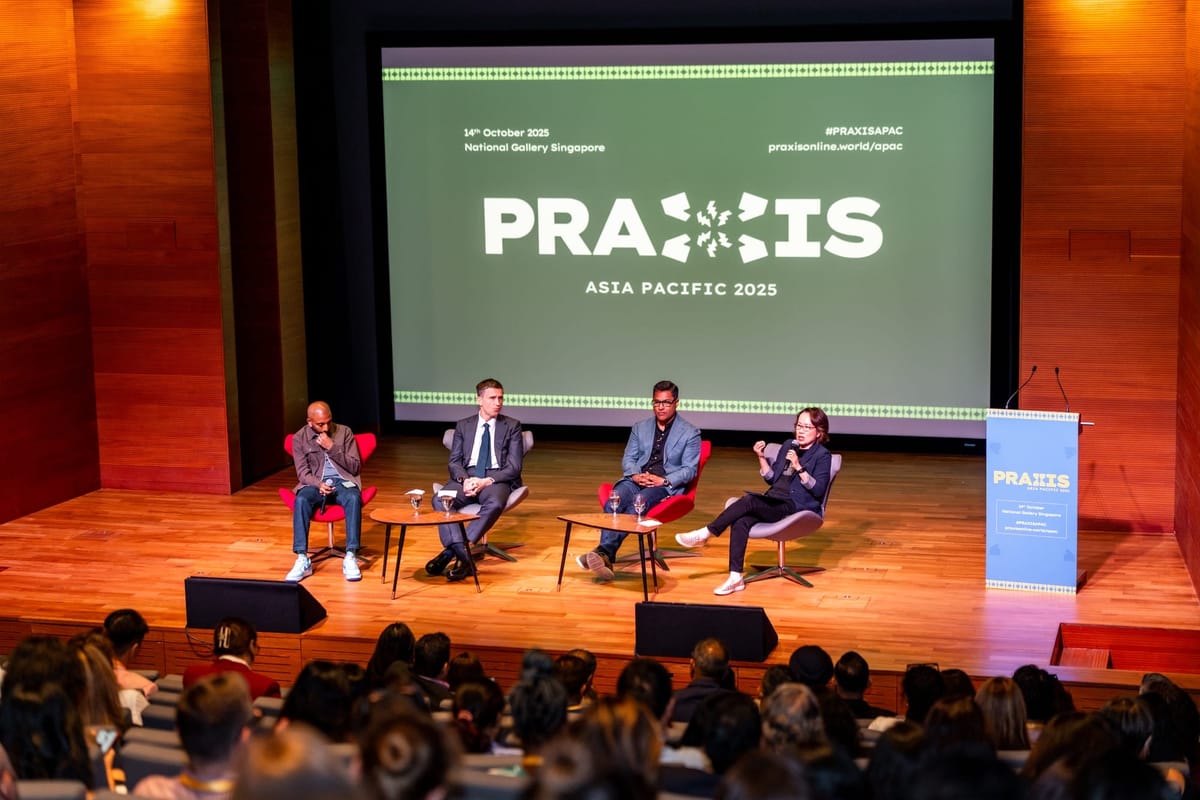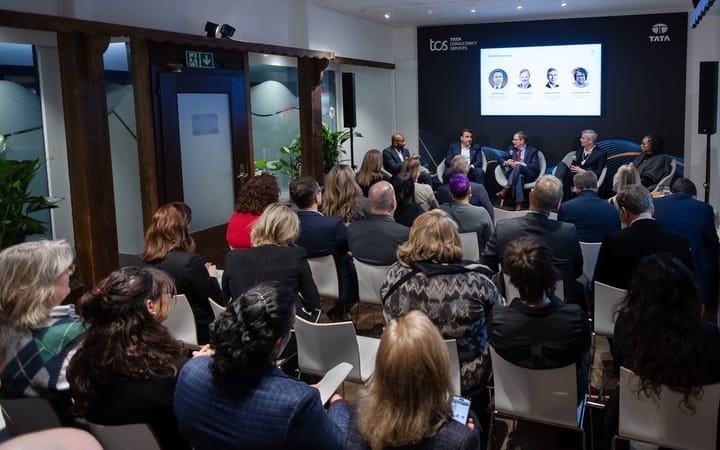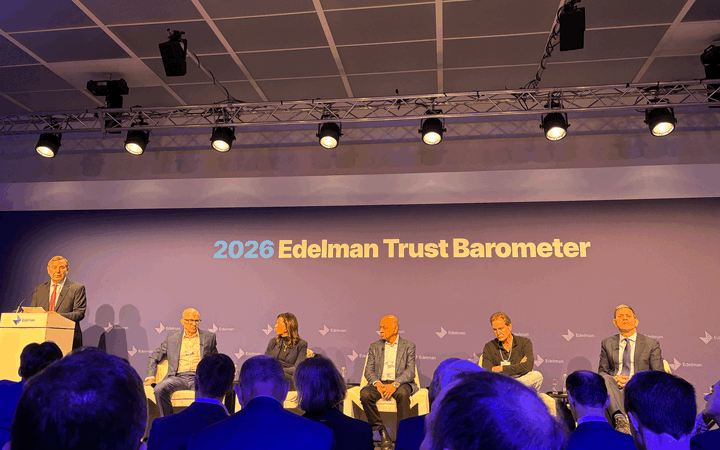PRAXIS A-P: "No perfect solution" to geopolitical complexity, say public affairs leaders
As the world fractures into competing regulatory spheres, companies are being explicitly forced to decide which governments take priority, even at the cost of market access elsewhere.

Given the world's increasing geopolitical complexity, it may be impossible for companies to find solutions that please all sides, heard delegates at PRAXIS Asia-Pacific earlier this week, during a panel that discussed Asia's rising influence amid geopolitical turbulence.
"There is no perfect solution, because ultimately they may just need to choose which is the most important government to us," argued Douglas Dew, regional MD of corporate and public affairs at Burson, in response to a question on how companies can navigate competing governmental demands. "Maybe we are going to have to pay a price in one market, because we can't simultaneously satisfy all of these different places."
By 2030, Asia could account for four of the five largest economies worldwide. After a period of economic frost, China, the region's top market, is being courted with fresh purpose, but equally, Asia is becoming a splintered and multipolar market. The rise of technology nationalism, furthermore, presents new challenges for public policy professionals walking a tightrope between global consistency and local demands.
"There's never been a more important time to be both global and local," said Claudia Chan, senior director of public policy, Asean and South Pacific, for Coca-Cola. For public policy practitioners, this means taking a more nuanced approach to the advice they provide to management. "We are increasingly seeing that there's a need to adapt the narratives, not just to every region, but to take a more data-driven and smart approach to the changing circumstances externally," she added.
A key challenge in the public policy sphere is to help companies identify areas of strength in the countries they operate in or wish to enter. Identifying these opportunities is especially true in an increasingly multipolar world, where old strategic boundaries have been redrawn. For example, China has established a strong presence in emerging markets such as artificial intelligence, while smaller countries in Asia, including Singapore, Japan and Korea, are also carving out their own distinct identity.
"When you're a business which is global, and you're trying to operate in this multipolar world… it becomes a challenge to figure out how you clearly position who you are, what you do, and why that matters," says Sanjay Nair, global marketing co-lead at BCG. "Specifically on AI… …you know what kind of compliance and regulatory mechanisms you have put in place, what kind of governance… there is no one-size-fits-all (approach)." Accordingly, he noted, there is a crucial opportunity for professionals to prove their global relevance to HQ, by demonstrating a sophisticated understanding of the regions and countries in which they operate.
But how do companies unlock these local nuances, while AI is beginning to dominate the information landscape? According to Dew, having a presence on the ground is essential to secure market and country-specific opportunities. "Engaging with governments and think tanks and employees and others," he explained. "So they can really get a visceral sense of things going on, and meeting with leading Asian companies and getting a sense directly of how strong and innovative they are."
In the last couple of years, America's largest companies, whether Amazon or Starbucks or Apple or Coca-Cola, are being challenged to navigate a range of geopolitical currents in Asia. While many are keenly aware of the economic opportunities that Asia offers, their initiatives have faced customer boycotts, retaliatory tariffs and uneven regulatory regimes, all while their own government touts its America First stance.
"It's more the risks from regulators and governments who are playing the geopolitical chessboard and that kind of tit-for-tat dynamic, said Dew, pointing out that geopolitical scenario planning has risen rapidly in importance. Public policy professionals, for example, may need to help their clients determine investment priorities from a market perspective. Apple, for instance, has stayed committed to India despite the looming threat of retaliatory tariffs, while Starbucks has had to negotiate diving boycott-related issues in such places as Indonesia and Malaysia.
Chan contended that companies need to take a hard-nosed approach to managing these geopolitical risks. "I think fundamentally at times, we need to take a step back and tell governments that we are ultimately businesses," she said. However, she noted that this does not preclude the opportunity to develop strong partnerships in specific markets, by harnessing ground-level insights.
Coca-Cola, she noted, helps clean up rivers, rejuvenate nature reserves and ensures these initiatives are communicated to governments, communities and consumers. "Whether this is a sunny day or stormy day, you have to continue to show up for your consumers and their stakeholders, where they know you are reliable."
These high stakes, continued Chan, mean that public policy professionals must "never, ever wait for a crisis…there are organisations or certain groups that will be impossible to convert, because their role is to speak up against you and to respect that, not that we agree with it," she explained. "But then you have to make sure that those who love you continue to love you [and] those who are neutral you need to convert."
However, even this human-centric approach to crisis management may be called into question by the rise of agentic AI, which is likely to cause further upheaval in Asia's reputation landscape. "You can't say, I don't know, blame the machine. How do we explain how the machine was trained? What were the operating principles, why this happened?" said Nair. Crisis playbooks may need updating to include the impact of AI agents. "What is the playbook for that, and how do companies react to that? That is a real, immediate future that is coming our way, fast."




Comments ()